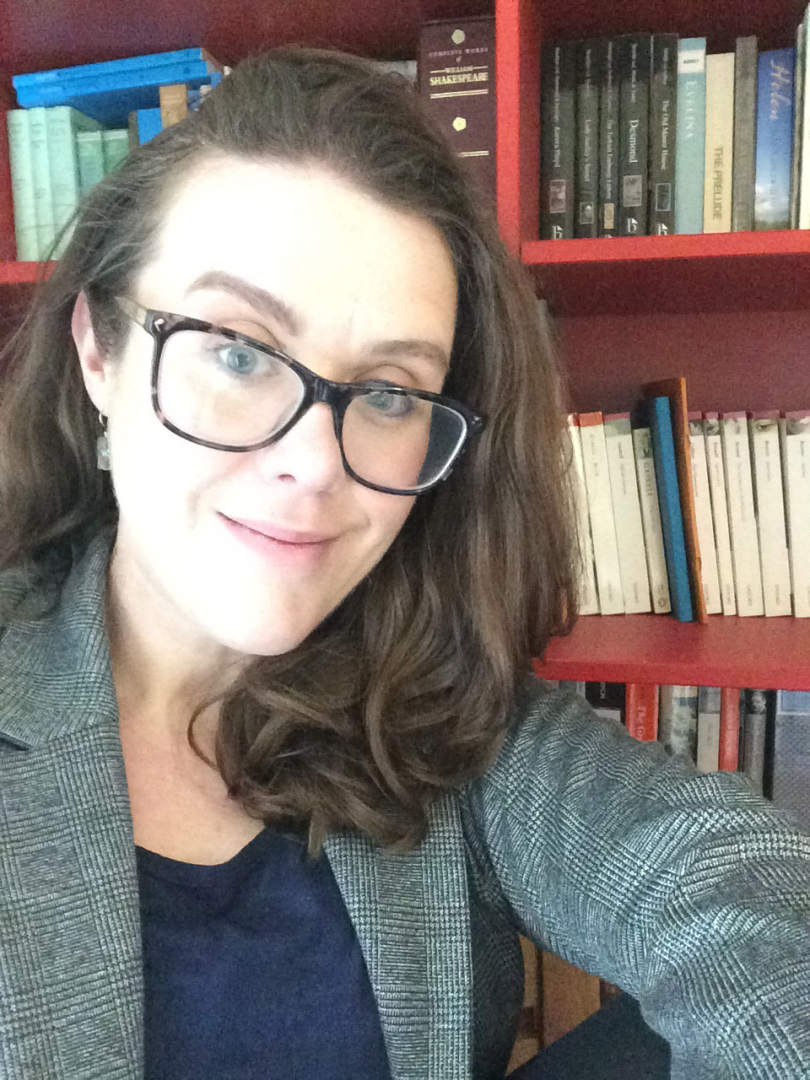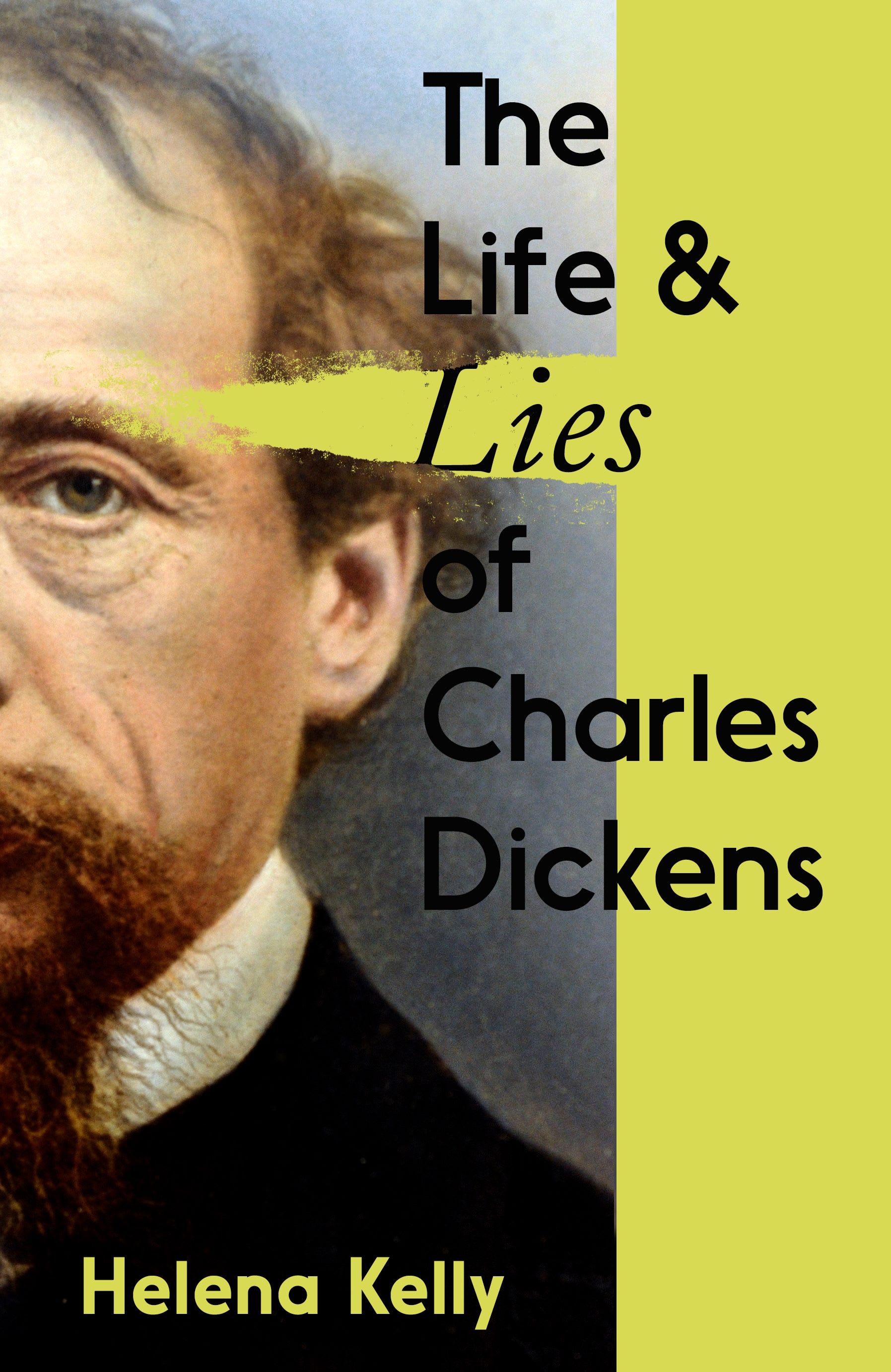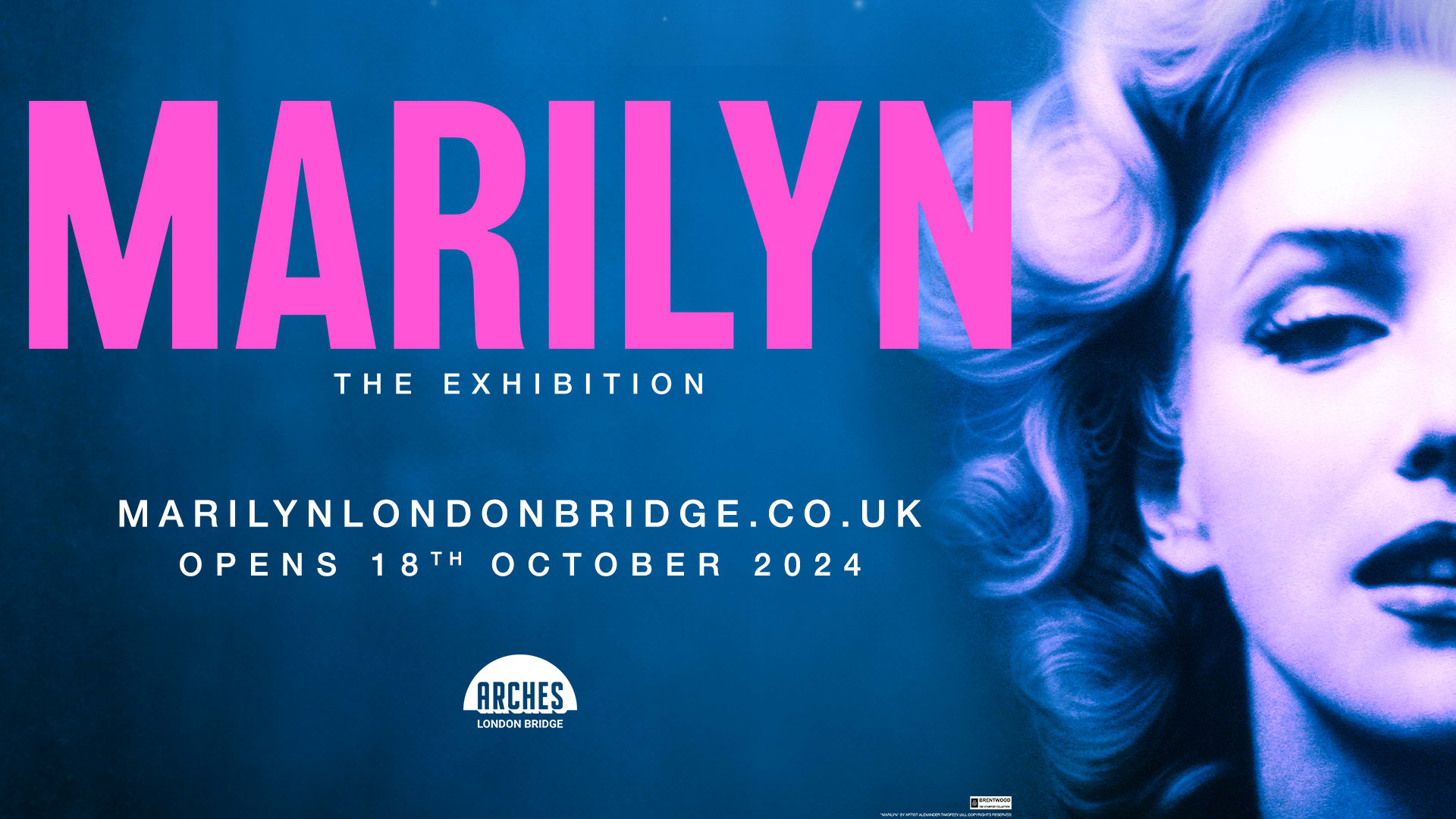Charles Dickens has been credited with ‘inventing’ Christmas as we know it today or – perhaps more accurately – ‘re-inventing’ the festivity, thanks to the immediate and enduring popularity of his 1843 classic, A Christmas Carol.
Whether you prefer the purist approach (the book) or one of the many adaptations (shout out to the Muppets for the definitive version), the chances are some element of your celebration has been formed by Dickens, that famously genial novelist, raconteur and social critic. The public perception of this ‘national treasure’ typically paints him as gregarious and vivacious, with a keen eye for justice and champion of those overlooked or exploited by Victorian society.
But was he? Oxford-based academic and author, Helena Kelly has a new book out: The Life & Lies of Charles Dickens. Through diligent research she reveals a very different side to the beloved writer. Up to now, our understanding of the man has been largely based on his authorised biography, written by his close friend John Forster. Helena’s literary detective work reveals an altogether more challenging figure: a secret sister, plagiarism, fraud and that’s just for starters…

What drew you to focus on Charles Dickens?
I grew up in north Kent, where Dickens lived as a child and for the last twelve years of his life and where he set many of his stories. The marshes where the convict Magwitch meets Pip were just next to our house and we drove past Dickens’s home at Gads Hill every day. The local Indian takeaway was called A Taste of Two Cities. Dickens was the first author I ever became aware of, and I couldn’t tell you when or where I learned about his life – the official version of his life, at any rate. I trained as an English literature academic and I like knowing sources, so I decided to start double-check them. And as I went on I found more and more that was missing.
Are you a fan of his writing, and do you have a favourite?
I don’t care for the early novels much. Dickens was writing very fast, and at times working on two novels simultaneously and I think it shows. There are also some troubling portrayals of Jewish characters and of characters with disabilities which, like a lot of readers, I find off-putting. But the later novels like Bleak House, Great Expectations and David Copperfield are great stories, with brilliant characters and powerful messages at their heart. Lots of the travel writing and journalism is well worth a read. Of the short fiction I particularly enjoy The Signalman (you’ll never look at a train tunnel the same way again) and I definitely think more people should be familiar with No Thoroughfare, a Dickens/Wilkie Collins collaboration which exists both as a play and a novel. It starts just outside London’s Foundling Hospital and features a thrilling scene set in the Alps. I’m surprised it doesn’t get adapted more.
How did you conduct your research? Which sources were available and how did you use them?
I did quite a lot of the research during lockdowns but fortunately huge amounts of archival material have now been digitised and so were available online. One amazing resource was the British Newspaper Archive, which enabled me to locate all kinds of new information. I looked at wills, at census returns and maps and medical textbooks and legal notes and army records.
Your writing exposes a very different Dickens to that revealed by his authorised biographer, John Forster. What can we learn about Dickens from how he wished to present himself?
Dickens became a celebrity early on in his writing career and in what were pretty traumatic circumstances, when his collaborator on The Pickwick Papers took his own life. A year after that, Dickens’s teenage sister-in-law Mary died very suddenly in his house and that became news, as everything to do with him seemed to become news. The press attention, both positive and negative, was so relentless that his control and curating of his life story is in some ways completely understandable. It’s defensive.
Are we able to separate the art from the artist?
I understand why people might want to. I think we can try. There are several branches of literary theory which say that meaning is continually being created anew by each reader, that no response to a novel is ‘wrong’, that the author’s intentions and their experience just aren’t that important. But some work is entirely autobiographical and much more is inspired by real events in an artist’s life and can’t – I would argue – be understood in isolation.
Which other authors/celebrated figures who have captured your interest?
My first book was about Jane Austen and I’m currently working on Elizabeth Gaskell who wrote North and South and Cranford and penned the authorised biography of Charlotte Brontë.
Which authors do you most enjoy? What are you currently reading?
Partly it depends what kind of mood I’m in. I love detective stories and historical fiction and fantasy. Megan Nolan’s Acts of Desperation blew me away, and so did RF Kuang’s Yellowface. I’m about to start the new Mick Herron, The Secret Hours.
The Life and Lies of Charles Dickens came out in November, (Icon Books), RRP £25 iconbooks.com and is available from most bookshops including Blackwells and Amazon.









